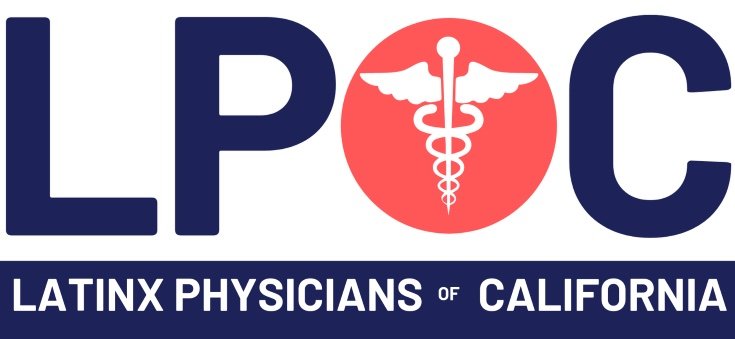ACEs Aware
Adverse Childhood Experiences (ACEs) and toxic stress are a public health crisis.
We can take action now - to change and save lives.
Dr. Silvia Diego talks with a patient about the importance of ACEs screening.
The term Adverse Childhood Experiences (ACEs) comes from the landmark 1998 study by the Centers for Disease Control and Prevention (CDC) and Kaiser Permanente. ACEs describe 10 categories of adversities in three domains experienced by age 18 years: abuse, neglect, and/or household dysfunction. (source) ACEs affect all communities, crossing ethnic, socioeconomic, gender, and geographic lines.
Children are uniquely vulnerable to the effects of an overactive stress response due to ACEs because their brains and bodies are still developing. A child or adolescent who experiences ACEs without the buffering protections of trusted, nurturing caregivers and safe, stable environments can develop a toxic stress response, which can impact brain development, hormone and immune systems, and genetic regulatory systems.
ACEs are strongly associated, in a dose-response fashion, with some of the most common and serious health conditions facing our society today, including at least 9 of the 10 leading causes of death in the United States. (source) Identifying a history of trauma in children and adults and responding with trauma-informed care, can improve the health and well-being of individuals and families and lower long-term health costs.
About the ACEs Aware Initiative
The ACEs Aware initiative seeks to change and save lives by helping Medi-Cal providers understand the importance of screening for Adverse Childhood Experiences (ACEs) and training them to respond with trauma-informed care.
This first-of-its-kind effort to enable early detection and mitigate against the health and societal impacts of ACEs and toxic stress is led by Dr. Nadine Burke Harris, California Surgeon General, and Dr. Karen Mark, Medical Director for the California Department of Health Care Services.
ACEs Aware offers Medi-Cal providers training, screening tools, clinical protocols, and payment for screening children and adults for ACEs. Screening for ACEs, assessing for toxic stress, and responding with evidence-based interventions can significantly improve the health and well-being of individuals and families. The ACEs Aware initiative is part of a statewide effort, to cut Adverse Childhood Experiences (ACEs) and toxic stress in half in one generation.
LPOC is among over 100 Grantees throughout the state working to extend the reach and impact of the initiative. The goal of our ACEs Aware effort is to bring awareness to the subjects of ACEs and toxic stress, and to prompt LPOC members into getting certified and implementing trauma-informed health care in their daily practice.
Learn more about how to become certified and begin ACEs screening, click here for the ACEs Aware Provider Toolkit.
For ACEs screening tools and clinical response information and resources for clinicians, click here.

